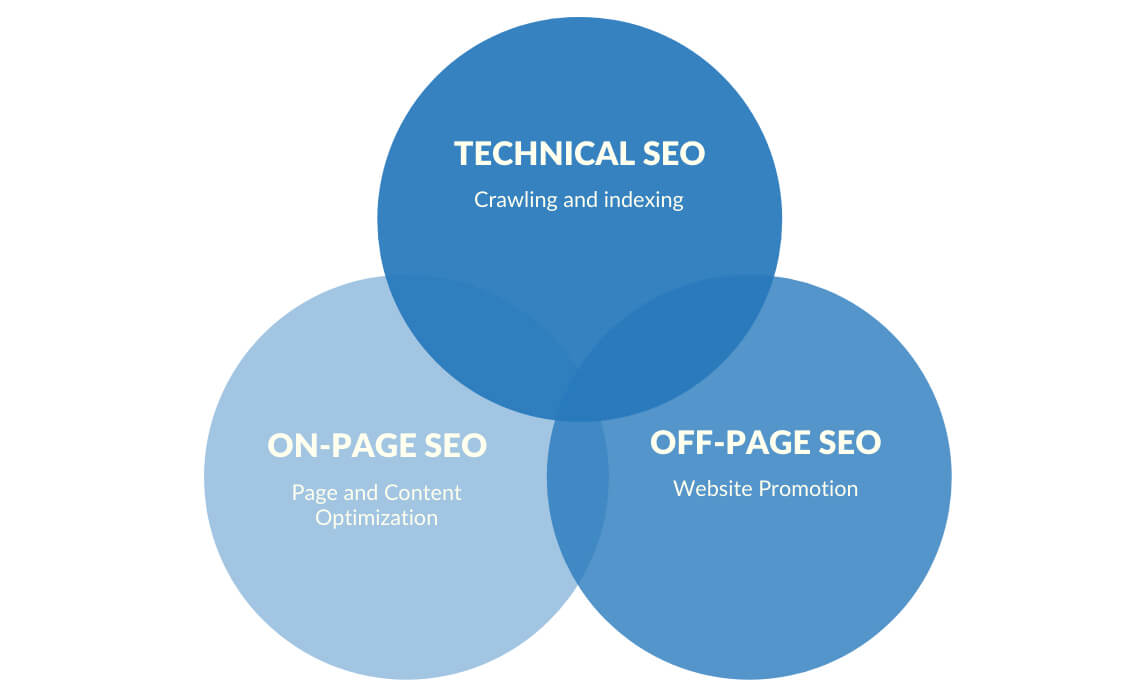In today’s fast pacing world, Search Engine Optimisation is a term the majority of the writers and business owners are familiar with. Even the not-so-tech-savvy individuals have heard of this term and writers try to incorporate this in the articles they publish online. However, even after using the right highly searched-for words with low competition, writers don’t seem to get the required traction to their pages. This is because SEO is a broad term and has much more than just adding keywords to your article. The term SEO is made up of two big components – onsite / on-page SEO and offsite / off-page SEO, and making sure your keyword ratio is just about right is part of the former. Offsite or off-page SEO is just as important as the other and they both go hand-in-hand. Do you think you know enough about offsite SEO? Read on to find out.
In this article we’ll cover:
- What exactly is off-site SEO
- Difference between off-site and on-site SEO
- Importance of off-site SEO
What exactly is Off-site SEO
In simple terms, “Off-Page or Off-site SEO” refers to all of the activities that you may do, that isn’t necessarily on the front end of your website, but is done to increase traffic to your site. With the right Off-site techniques, it’s possible to improve your page ranking with search engines and position it to the top in the search engine results page (SERPs).
Difference between off-site and on-site SEO
In order to gain maximum traffic to your website, it’s important to understand the difference between the two techniques.
| On-site SEO | Offsite SEO |
| Title Tags
Alt Tags Keywords H1 Tags Quality Content Met Description |
Social Media
Blogs Link Building Article Submission Document Sharing Infographic Submission |
Onsite SEO is the process of making your page bot or AI friendly. In other words, this means building the structure of your website in a way that lets search engines crawl and understand your content more easily.
Offsite SEO, as mentioned earlier, is the external efforts taken outside a page to improve its search engine rankings.
Another major difference between onsite and offsite SEO is that the former is something you can control, whereas that’s not always the case for the latter.
So if you’re ever confused as to which tactic you’re using when working on an SEO strategy, ask yourself whether it’s within your control, and if the answer is no, then it’s most likely an off-site SEO tactic.
Importance of off-site SEO
Off-site SEO is exceedingly important in today’s digital era if you want your site to rank high. This is because it tells search engines that your page is important to others on the web. Every link on the internet that sends a user to your website, acts as an advertisement from another source that your page has some valuable and quality information.
Off-site SEO is a universal indication of how the world perceives your brand and your website.
It is vital for more business exposure and hence rank higher. Higher positioning brings more connections, more visits, and increasingly online networking makes reference to. This tactic will only increase your growth as traffic continues to come over from different sources and will never go down. With the right offsite SEO strategy, your business will grow to be an established and well-known brand.
On an ending note, remember Google takes into account many off-page factors when deciding the ranking of your website and the relevant pages. Links are one of those factors, but there’s a lot more to Offsite SEO than just that.







